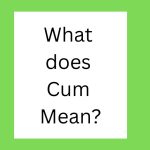A frequent question arises: Is it tomorrow or tommorrow? Although these two spellings look similar, only one is correct. Understanding the difference is crucial for clear communication, avoiding common mistakes, and maintaining professionalism in writing.
In this article, we’ll dive deep into the confusion between “tomorrow” and “tommorrow,” explain the correct spelling, provide helpful tips to remember it, and explore the potential impacts of misspelling this word.Spelling mistakes are common, but some can be more embarrassing than others—especially when they involve a simple, everyday word like “tomorrow.”
the Correct tomorrow Spelling
Correct Spelling of Tomorrow
The word “tomorrow” is the correct spelling used in English. It serves both as a noun and an adverb, with the following meanings:
- As a noun: It refers to the day after today, the upcoming day in the calendar.
- As an adverb: It describes an action that will happen on the day after today. For example, “I will go shopping tomorrow.”
Read More Piece or Peice? The Definitive Guide to Correct Spelling
Origin of the Word Tomorrow
The word “tomorrow” comes from the Old English word to morgenne, meaning “on the morrow.” The root “morrow” itself is derived from the Old English word morgen, This phrase originally referred to the concept of morning. Over time, however, it evolved into a single word, “tomorrow,” which now represents the concept of the day after today.
Common Usage
The word “tomorrow” is widely used in both spoken and written English. Here are a few examples:
- “We’ll discuss the project updates tomorrow.”
- “Tomorrow is a new day, filled with new opportunities.”
- “What are your plans for tomorrow?”
Tommorrow: Why It’s Incorrect
“Tomorrow is an incorrect spelling, and therefore, it often results from doubling the “m.” As a result, this extra “m” creates a non-standard form that doesn’t align with English spelling rules. The mistake is likely due to pronunciation; since the word sounds as if it could have two “m”s, people sometimes mistakenly include them.
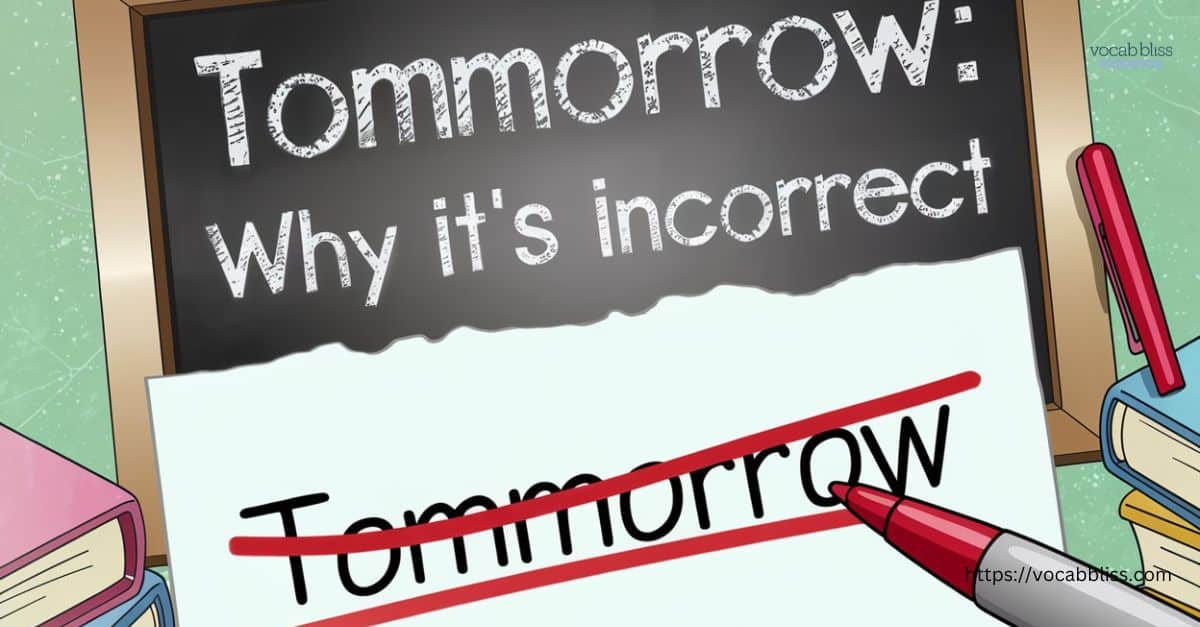
Why Do People Misspell Tomorrow Vs Tommorrow?
Several factors contribute to this common error:
- Phonetic Confusion: The pronunciation of “tomorrow” might make the double “m” feel natural.
- Typing Errors: Repeated letters can occur during fast typing.
- Pattern Errors: Some English words contain double consonants, leading to incorrect generalizations.
Read More Tying or Tieing? Use the Correct Form
Common Mistakes and Misspellings
Spelling “tomorrow” correctly can be tricky, but “tommorrow” is not the only variation that confuses people. Here are some other frequent misspellings:
- Tomorow: Misses one “r” and is another frequent typo.
- Tommorow: Misses the correct placement of letters but adds an extra “m.”
- Tomorro: Leaves off the final “w.”
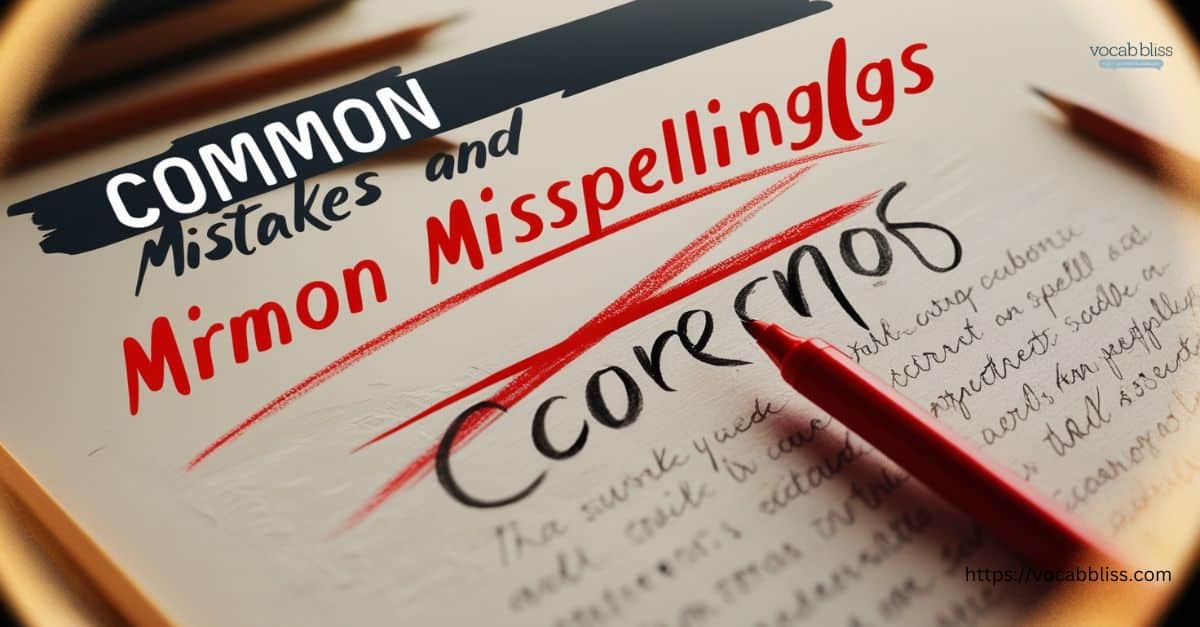
Why Spelling Matters
Making such mistakes can affect clarity, especially in professional settings where accuracy is critical. “Tomorrow” is an incorrect spelling, and it often results from doubling the “m.” As a result, this extra “m” creates a non-standard form that, in turn, doesn’t align with English spelling rules.
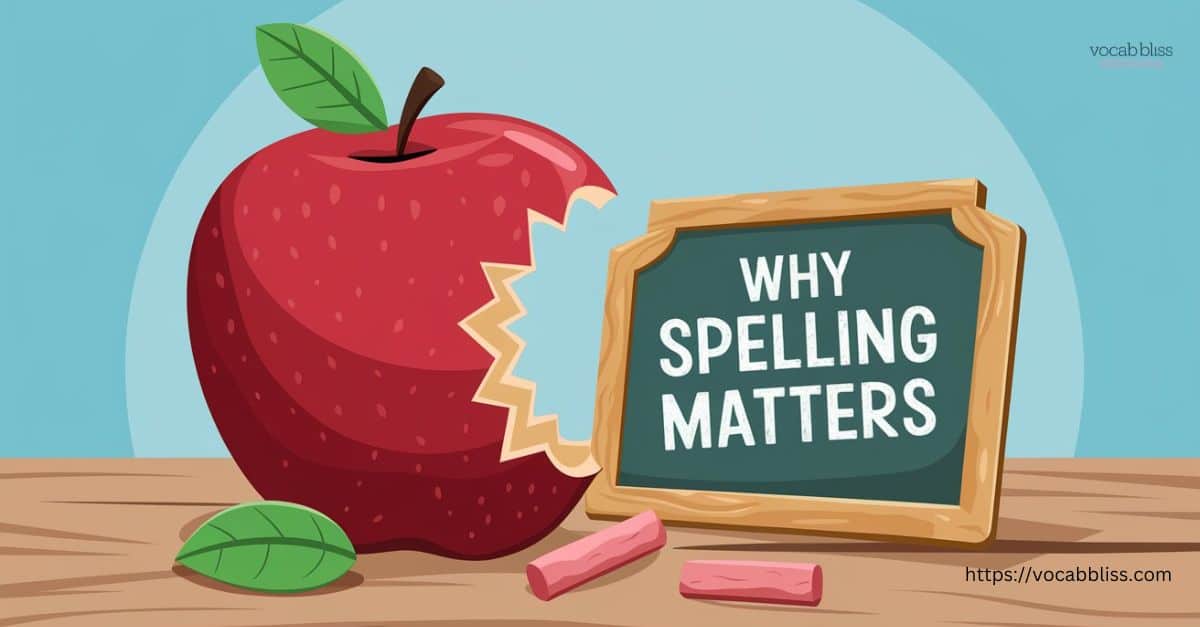
Origins and Breakdown of “Tomorrow”
Understanding the word’s origin can provide valuable insights into its correct spelling. For instance, let’s break down “tomorrow” into its components:
- “To”: In Old English, “to” indicated a future direction or time.
- “Morrow”: Derived from the Old English word morgen, meaning morning.
Thus, the word originally conveyed “to the morning,” evolving into the contemporary meaning of the day following today.
Historical Usage
In older texts, for example, you might encounter variations like “to-morrow,” where the hyphen was common. Over time, however, the hyphen gradually fell away, ultimately leaving “tomorrow” as a single word.
Memory Aids and Tricks for Correct Spelling
Spelling “tomorrow” correctly doesn’t have to be a struggle. Here are some useful mnemonic devices and tips:
- Mnemonic Device: “One M in tomorrow keeps it clear for the morrow.” This rhyme emphasizes that there should be only one “m.”
- Visual Cue: Imagine “tomorrow” with one “m” as a streamlined road leading into the future. Adding an extra “m” creates a bump or obstacle.
- Association Trick: Link “tomorrow” to the word “morning,” both of which contain the letters “m-o-r.” This reinforces the correct spelling pattern.
Side-by-Side Comparison: Tomorrow vs. Tommorrow
| Feature | Tomorrow | Tommorrow |
|---|---|---|
| Correct Spelling | ✅ Yes | ❌ No |
| Usage | Refers to the day after today | Incorrect spelling |
| Common Mistakes | Often misspelled with double “m” | Typing error or phonetic confusion |
| Professional Appearance | Demonstrates clarity and correctness | Appears unprofessional |
Real-World Usage Examples
Correct Usage in Sentences
- “I have a dentist appointment tomorrow.”
- “The event will start tomorrow at noon.”
Common Mistake Demonstrations
- Incorrect: “The meeting is scheduled for tommorrow.”
- Correct: “The meeting is scheduled for tomorrow.”
Auto-Correct and Spell-Check Limitations
Spell-check tools can be helpful, but they may not always catch misspellings like “tommorrow” due to context-specific settings. Some software might overlook the error if the word isn’t commonly used in its built-in dictionary. Therefore, it’s crucial to manually review your writing for mistakes.
Impacts of Incorrect Spelling
Professionalism
Misspelling common words can undermine a person’s credibility, particularly in business or academic environments. For instance, sending an email with the phrase “Let’s discuss this tommorrow” can create a poor impression.
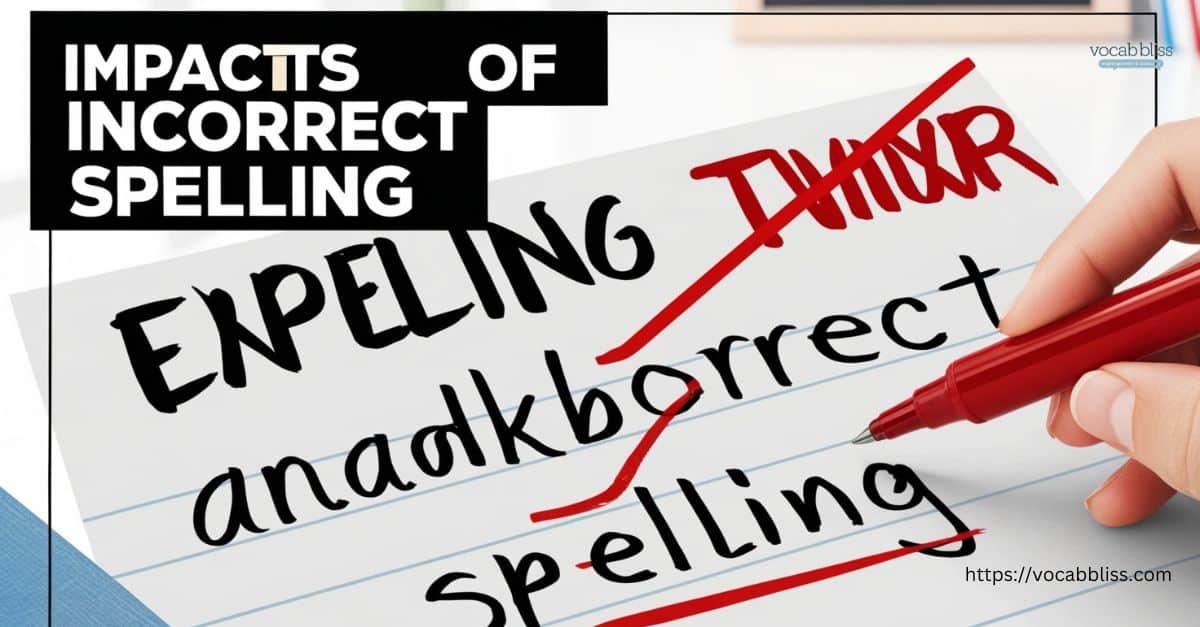
Academic Implications
Spelling mistakes in assignments, exams, or research papers can negatively impact grades. Furthermore, in standardized tests, accurate spelling is often crucial for scoring.
Online Content and Search Visibility
Misspelled words can affect search engine optimization (SEO). If someone writes “tommorrow” in a blog post, it may not be indexed correctly for the keyword “tomorrow,” resulting in lower visibility. Proper spelling is essential to ensure content reaches the intended audience.
Practical Tips for Avoiding This Mistake
Here are some strategies to help you avoid spelling mistakes:
- Proofread Carefully: Take a moment to re-read your writing before finalizing it.
- Use Grammar Tools: Grammar-checking software like Grammarly or ProWritingAid can detect incorrect spellings.
- Set Personal Spelling Alerts: Some word processors allow you to flag words that you frequently misspell.
- Practice Writing the Word Correctly: Regularly practicing challenging words can improve your spelling. Use Other Students’ Grammar Notes: Studying with notes from other students can provide a different perspective and help you identify common mistakes or rules you might have missed.
Tools and Resources for Better Spelling
Consider these tools to enhance your spelling skills:
- Dictionary Apps: Use dictionary apps like Merriam-Webster or Oxford to check word definitions and correct spellings.
- Spelling Games and Quizzes: Online spelling games can reinforce learning through fun activities.
- Word Lists: Create a personal list of commonly misspelled words and review them regularly.
Conclusion
In writing, “tomorrow” is the only correct spelling, and it’s crucial to get it right. On the other hand, the misspelling “tommorrow” adds an unnecessary “m,” which creates a common mistake that can affect clarity, professionalism, and even SEO. However, by understanding the origin, usage, and tips for correct spelling, you can easily avoid this error and, ultimately, ensure your writing is clear and accurate.
Next time you write “tomorrow,” remember: One ‘m’ for a mistake-free future. Additionally, keep practicing, and use the tips provided. By doing so, you will improve your spelling skills. Furthermore, paying attention to detail will help you avoid common mistakes and enhance your overall writing.
This comprehensive article not only provides in-depth information on why “tomorrow” is the correct spelling, but also offers practical strategies to avoid mistakes and highlights the impacts of misspellings. As a result, with this guide, you’ll be equipped to write “tomorrow” confidently and correctly, every time.


